SALAMANCA — A Spanish regional court has held that Ryanair (FR) should refund hand luggage charges levied on a passenger, ruling the practice illegal under Spanish consumer protection law.
The ruling contributes to an increasing body of legal precedent in Spain, where courts increasingly favor passengers in cases against ancillary airline charges.
Essential, Not Optional
The court found that carry-on bags are necessary for air travel and should be added to the base price. In the case before us, a passenger was charged around US$160 on five FR-operated flights from 2019 to 2024 for carrying an ordinary cabin bag. The judge declared such charges as unacceptable and directed a full refund.
The case is consistent with a wider legal trend. Several Spanish courts have ruled that airline fees for carry-on bags amount to an unfair practice. Spanish regulators have maintained that airlines must offer transparent pricing models and be unable to redefine fundamental rights, such as cabin bags, as add-ons.

Implications for Low-Cost Models
The new development has the potential to have a lasting impact on low-cost carriers in Spain. The ruling could undermine the unbundled fare structures typical of budget airlines, which depend significantly on ancillary revenue. If upheld by the higher courts or emulated in subsequent rulings, operators might be compelled to restructure fares or be subject to increasing passenger claims.
The Salamanca case is comparable to decisions in other Spanish courts, marking a clear pattern of judicial opposition to surprise or concealed air travel costs. Legal commentators say that although the decisions are only applicable in Spain, they might establish precedent-setting case law in European consumer rights discussions.
Ryanair Maintains Its Position
As a response, FR reaffirmed its adherence to EU regulations, explaining that passengers can carry one free personal item and pay for extra baggage as a matter of choice. The airline pointed out past favorable judgments in Spanish courts and stressed that its policy on baggage encourages both low fares and flexibility on the part of travelers.
As cases progress, the court's decision can influence the way airlines in Europe balance revenue generation with consumers' rights.

.jpg)
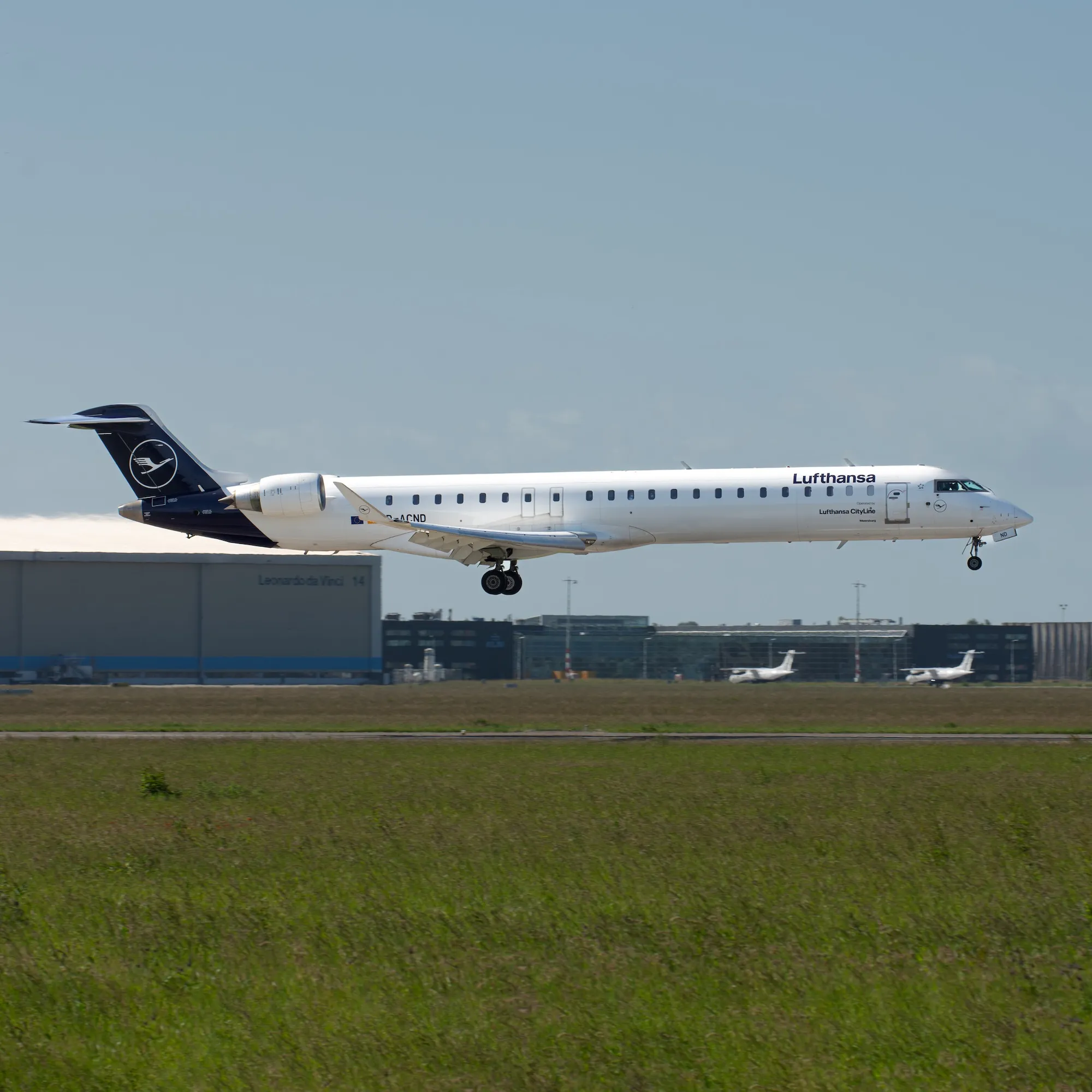
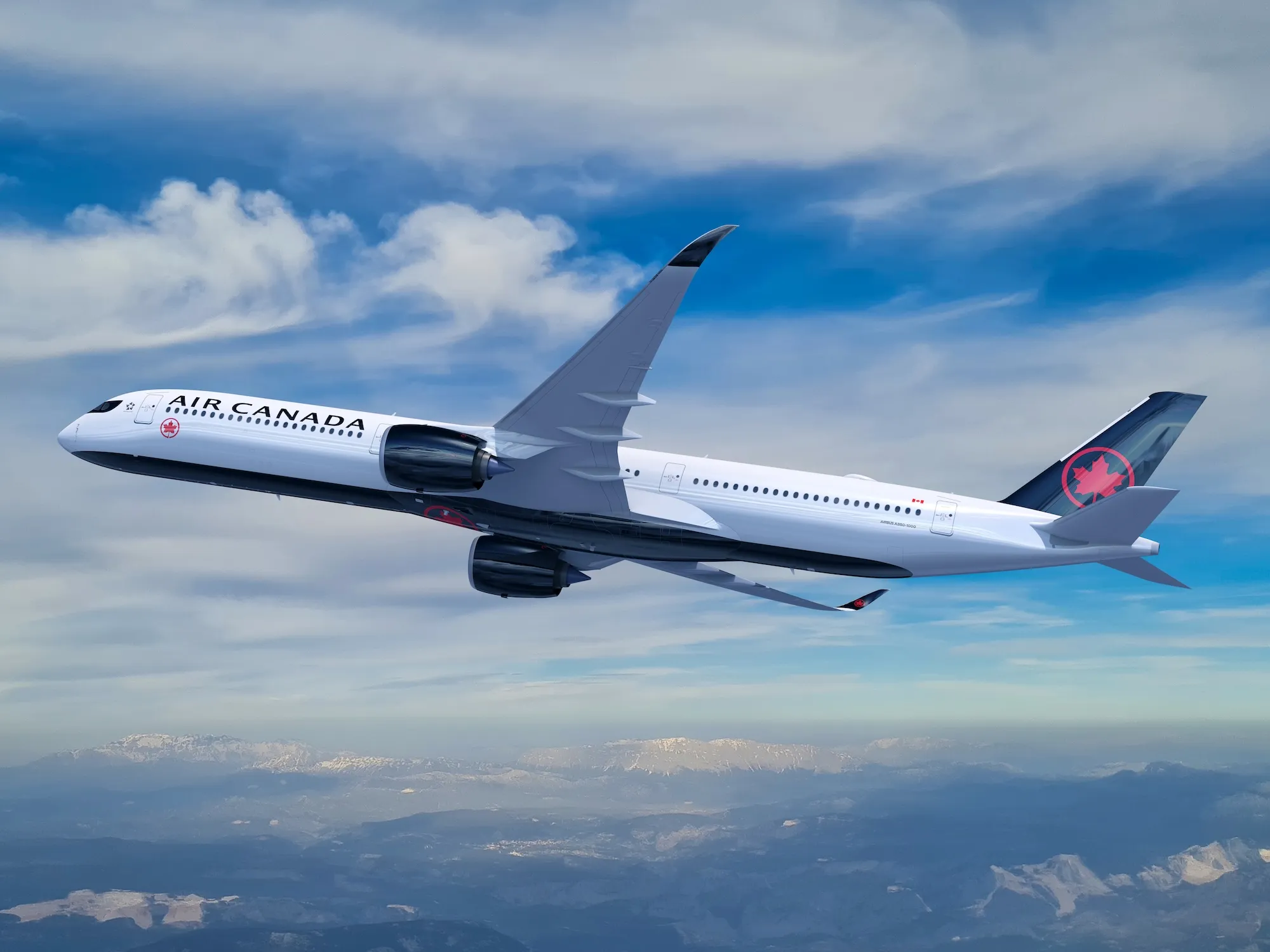
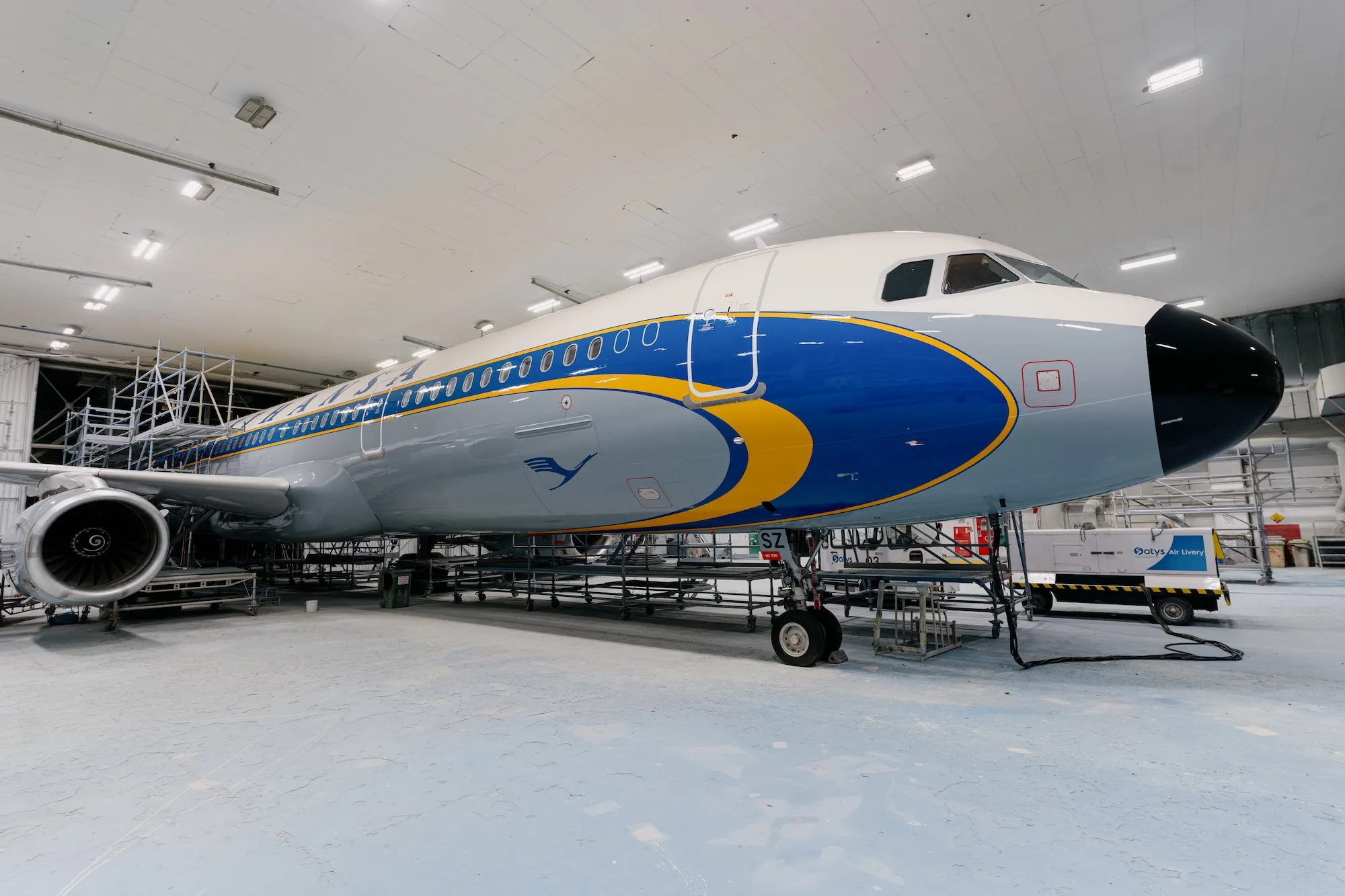
.webp)
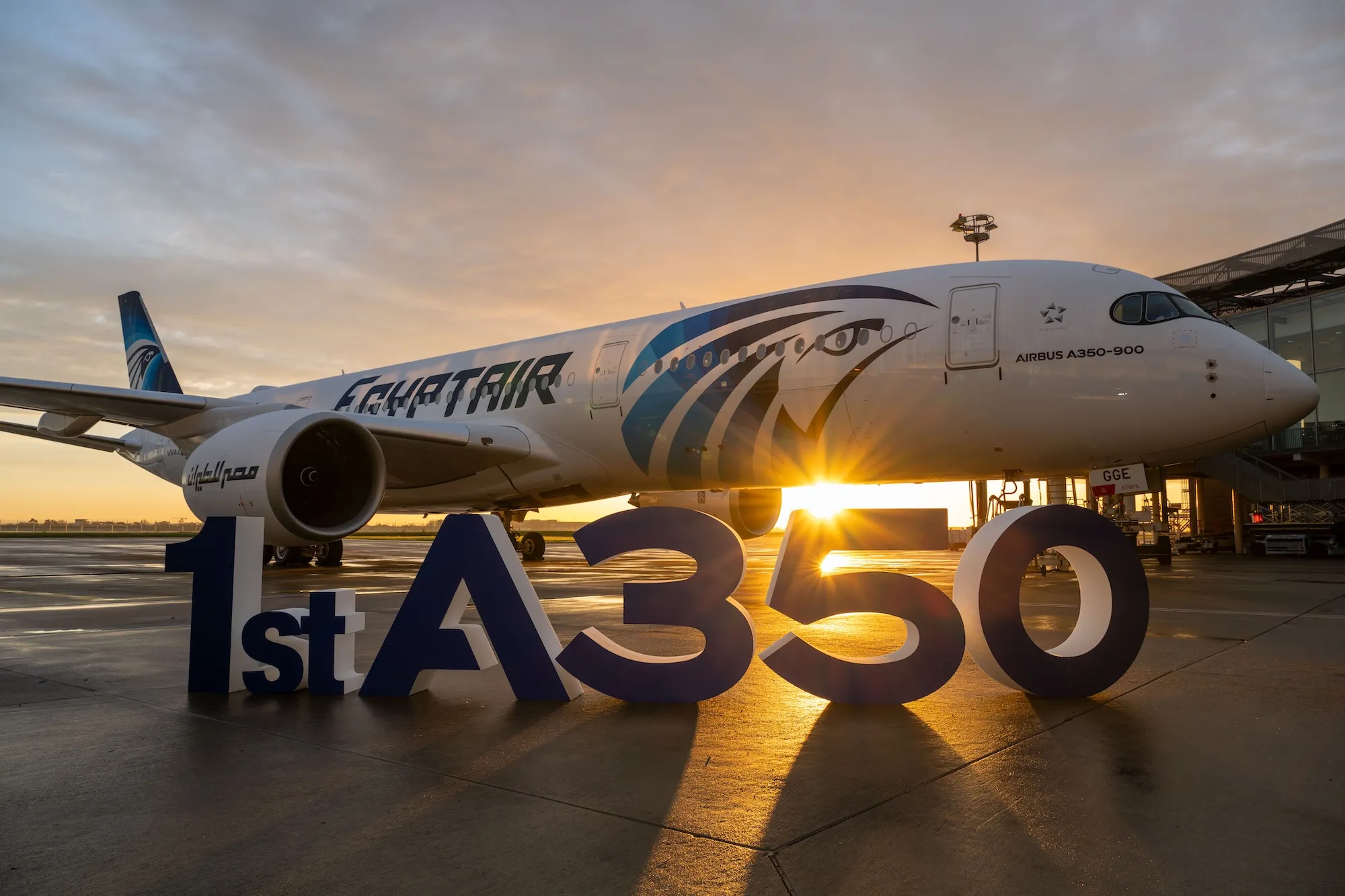


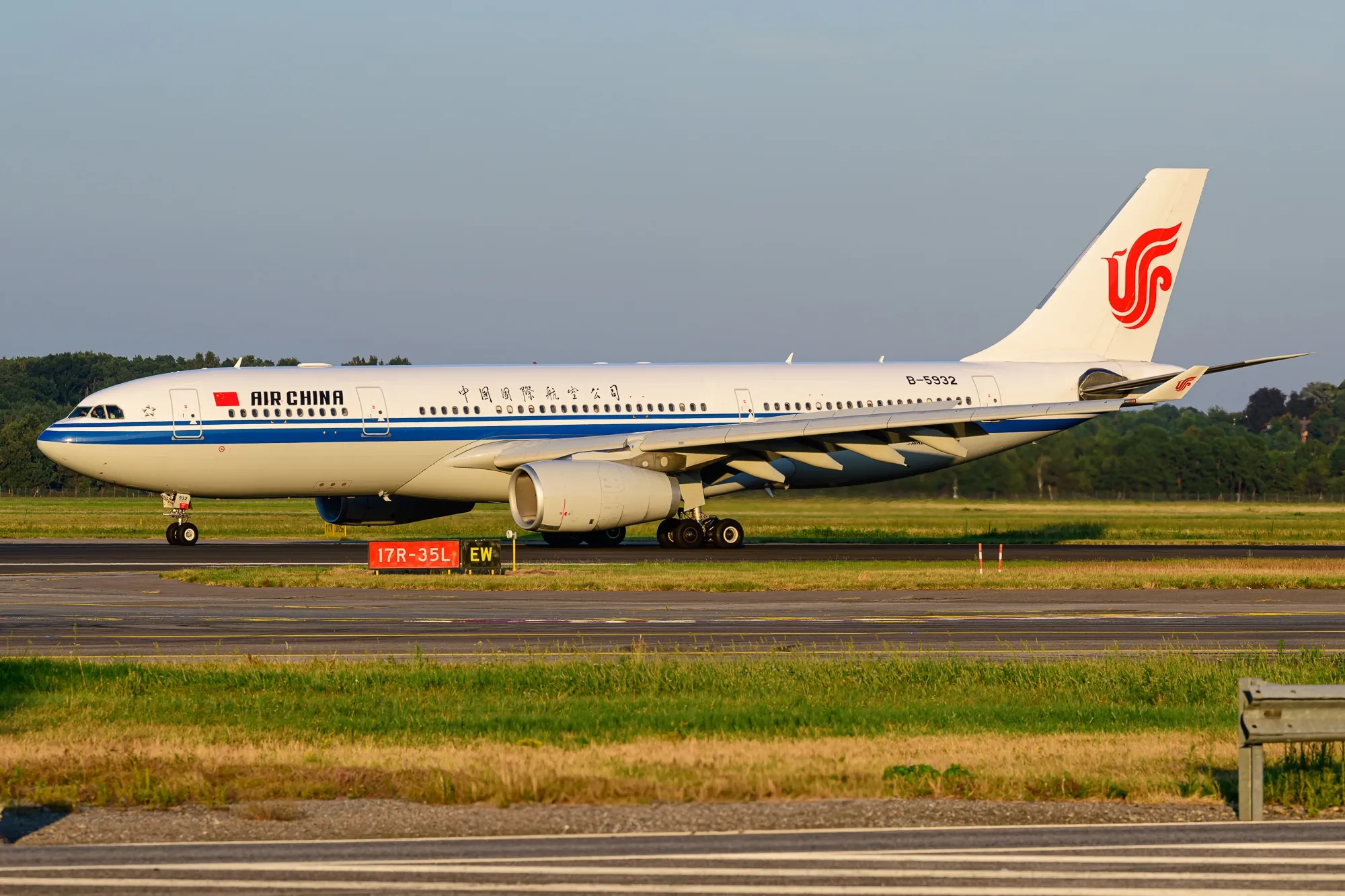
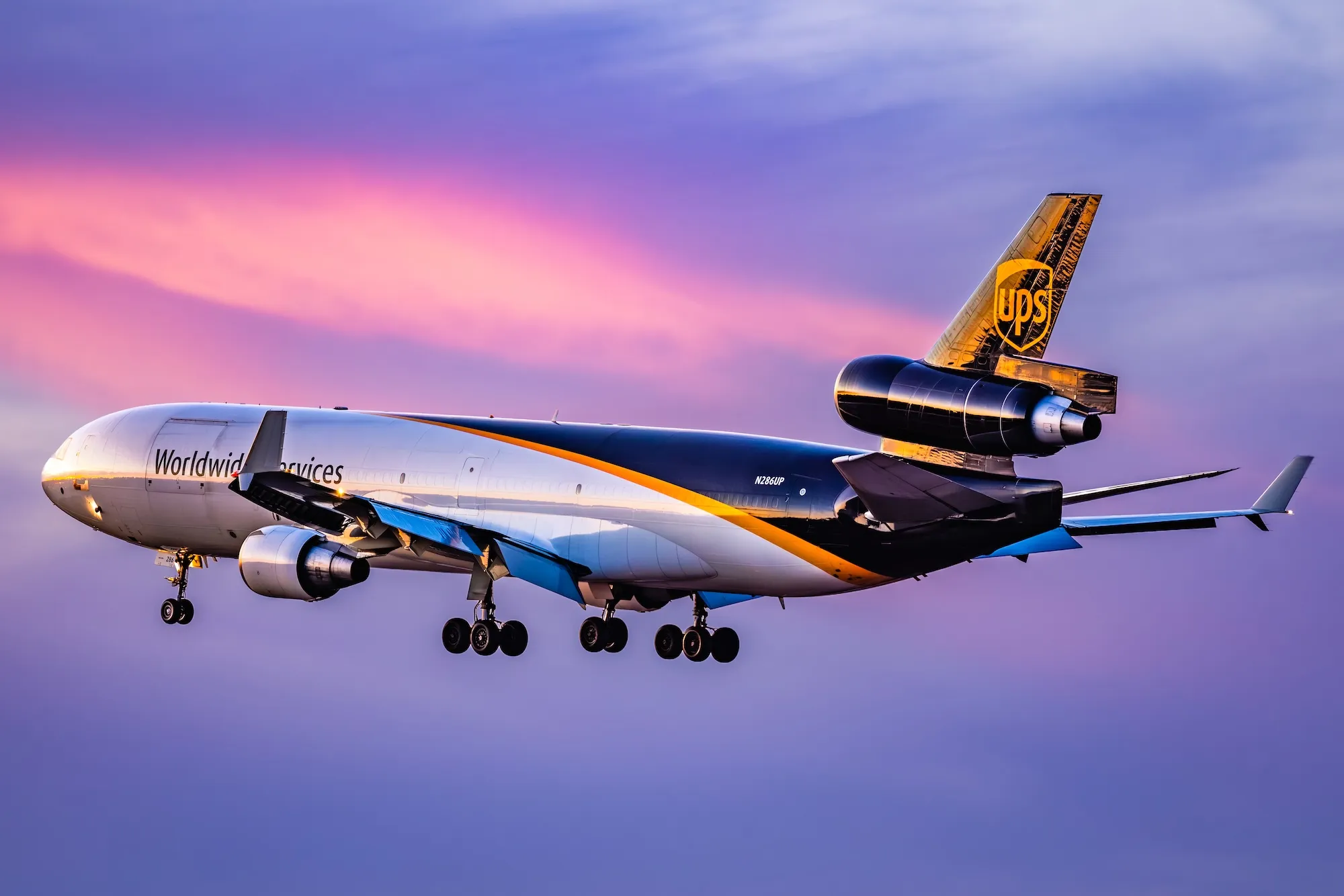
.webp)